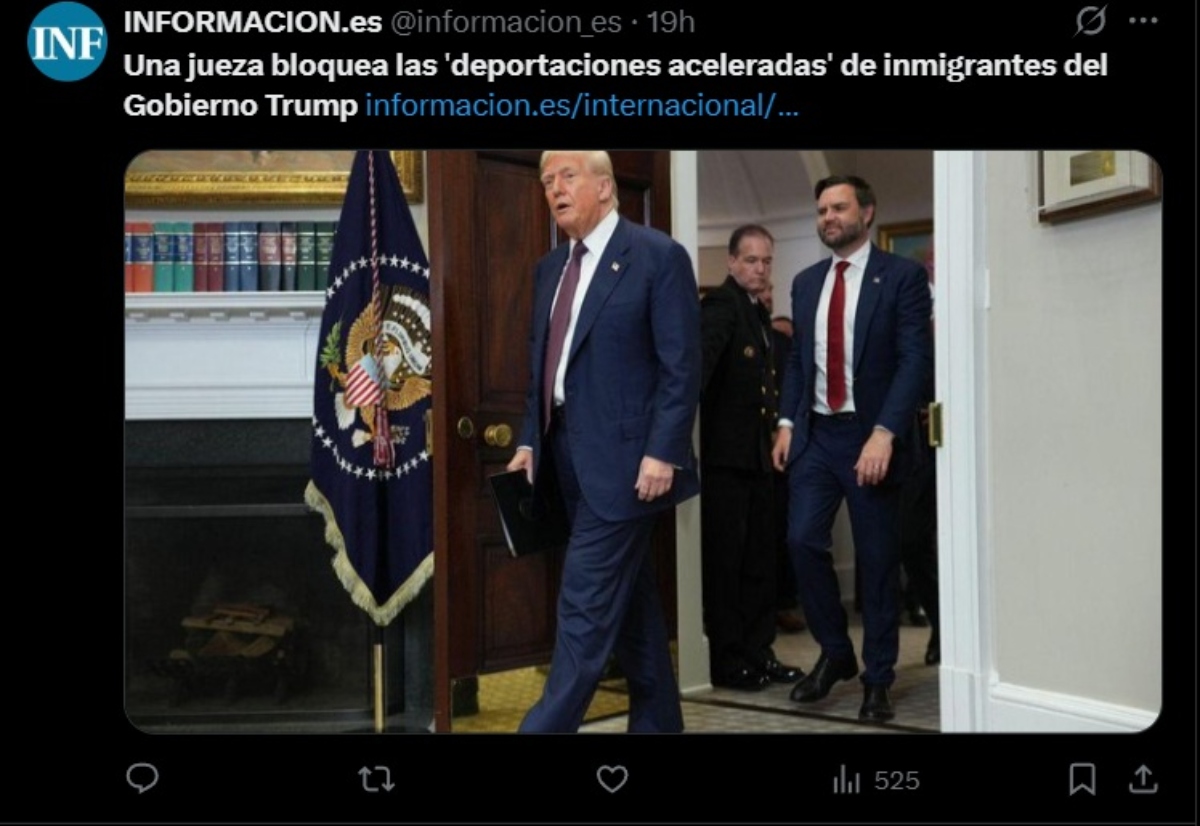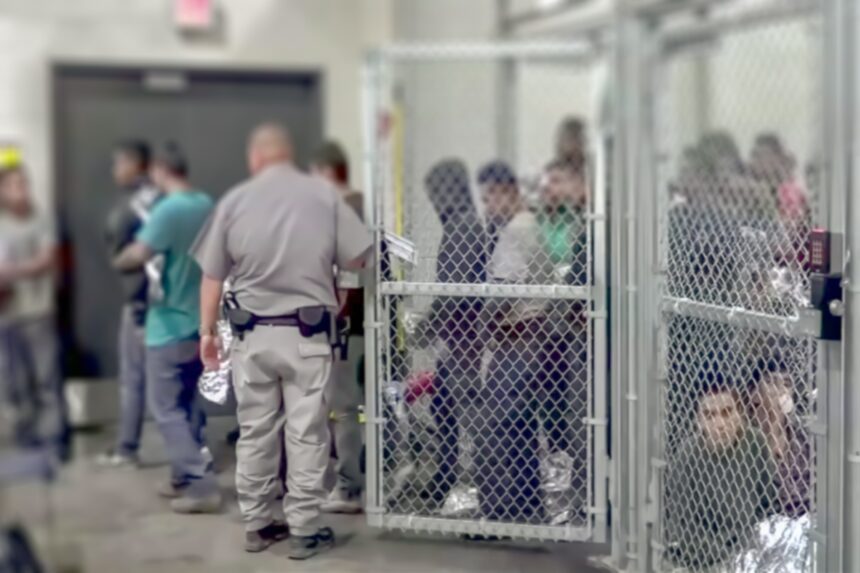In January 2025, the Trump Administration issued Executive Order 14159, intended to expand the use of “expedited removal,” or expedited deportation, allowing ICE to deport without a court hearing individuals without visas who cannot demonstrate continuous residence in the U.S. for at least two years.
In early March, DHS expanded this authority nationwide, eliminating previous limits on border proximity and length of stay, prompting criticism of due process violations. On March 24, groups such as CHIRLA, UndocuBlack Network and CASA filed federal lawsuits arguing that many individuals admitted under humanitarian parole programs (e.g. truckers, Cubans, Haitians, Nicaraguans and Venezuelans) now face expedited deportation without the opportunity for a legal hearing.
Recent court decisions

On August 1, 2025, federal Judge Jia Cobb of the U.S. District Court for the District of Columbia issued an order to temporarily block expedited deportations targeting immigrants who entered on humanitarian parole under Biden or CHNV programs.
Cobb considered that DHS exceeded its authority and that affected individuals should have access to due process.
In early March, DHS expanded this authority nationwide
QuéOnnda.com
This blockade represents an important step forward, as it prevents the immediate application of policies that allowed deportation without hearings, trial or legal representation.
This applies to people who entered legally and complied with the regulations in force during their entry.
What does it mean for immigrants with parole?

If you entered with humanitarian parole from the CHNV or U4U programs and have been living lawfully in the U.S., this decision temporarily protects you from expedited deportation without a hearing.
You should have access to a hearing before a judge and basic legal representation.
DHS announced that it will appeal the ruling and seeks to immediately reinstate its expedited deportation policy.
What to do if you are in this situation
1. Contact organizations such as CHIRLA, CASA or UndocuBlack Network for legal guidance if you entered with humanitarian parole.
2. Prepare for possible future DHS actions: gather entry, residency and employment documentation.
3. Maintain communication with your attorney to monitor any permanent changes or government appeals.
For more information, visit QuéOnnda.com.














